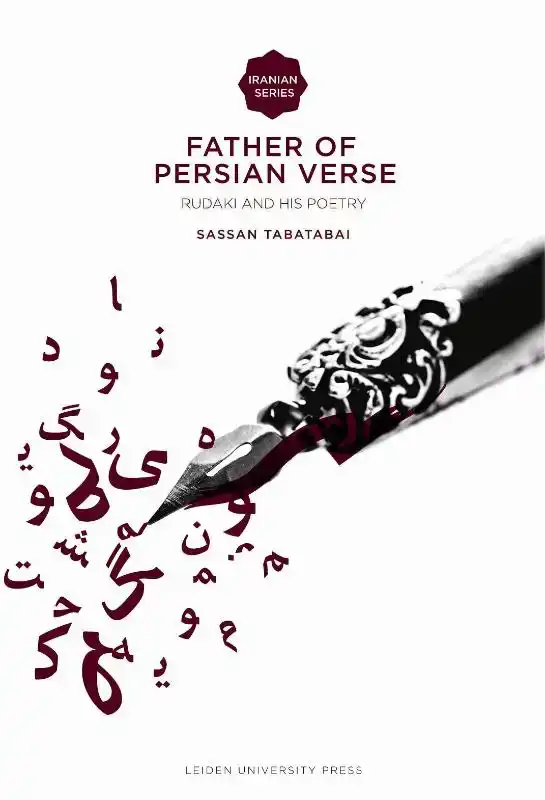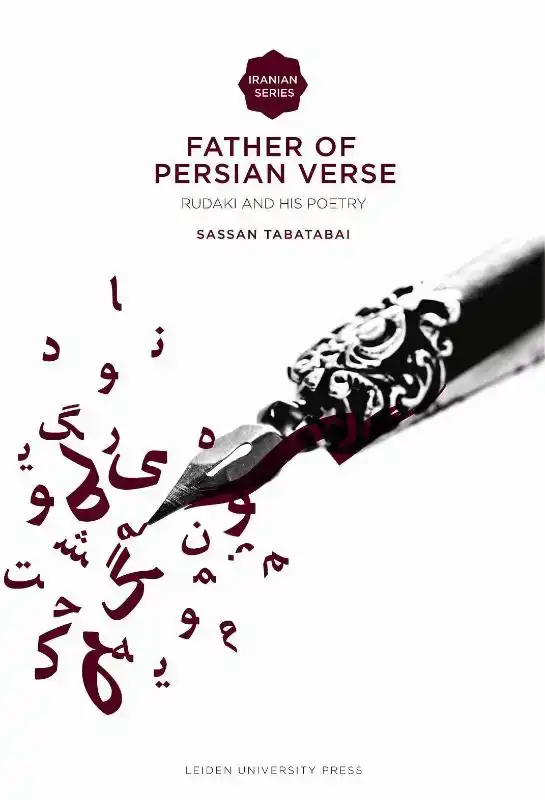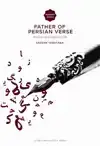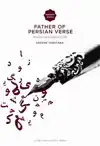- Engels
- Pockets
- buitenlandse talen letteren & culturen
- ned taal,let&cult.
- FATHER OF PERSIAN VERSE
TABATABAI, S.
FATHER OF PERSIAN VERSE
42,00incl BTW
Vertrouwd sinds 1927
Persoonlijke aandacht en advies
Vanaf 17,50 gratis verzenden NL & BE
Meer dan 150.000 artikelen online
Omschrijving FATHER OF PERSIAN VERSE
Abu ?Abdollah'' Jafar ibn Mohammad Rudaki (c. 880 CE-941 CE) was a poet to the Samanid court which ruled much of Khorasan (northeastern Persia) from its seat in Bukhara.
He is widely regarded as "the father of Persian poetry, for he was thefirst major poet to write in New Persian language, following the Arab conquest in the seventh and eighth centuries, which established Islam as the official religion, and made Arabic the predominant literary language in Persian-speaking lands for some two centuries.
In the tenth century the Caliphate power, with headquarters in Bagdad, gradually weakened. The remoteness of Khorasan, where Rudaki was based, provided a hospitable atmosphere for a "renaissance" of Persian literature. Persian poetry?now written in the Arabic alphabet?flourished under the patronage of the Samanid amirs, who drew literary talent to their court. Under the rule of Nasr ibn Ahmad II (r. 914-943), Rudaki distinguished himself as the brightest literary star of the Samanid court.
This book presents Rudaki as the founder of a new poetic aesthetic, which was adopted by subsequent generations of Persian poets. Rudaki is credited with being the first to write in the rubai form; and many of the imageswe first encounter in Rudaki''s lines have become staples of Persian poetry.
He is widely regarded as "the father of Persian poetry, for he was thefirst major poet to write in New Persian language, following the Arab conquest in the seventh and eighth centuries, which established Islam as the official religion, and made Arabic the predominant literary language in Persian-speaking lands for some two centuries.
In the tenth century the Caliphate power, with headquarters in Bagdad, gradually weakened. The remoteness of Khorasan, where Rudaki was based, provided a hospitable atmosphere for a "renaissance" of Persian literature. Persian poetry?now written in the Arabic alphabet?flourished under the patronage of the Samanid amirs, who drew literary talent to their court. Under the rule of Nasr ibn Ahmad II (r. 914-943), Rudaki distinguished himself as the brightest literary star of the Samanid court.
This book presents Rudaki as the founder of a new poetic aesthetic, which was adopted by subsequent generations of Persian poets. Rudaki is credited with being the first to write in the rubai form; and many of the imageswe first encounter in Rudaki''s lines have become staples of Persian poetry.
Reviews
0.0/5.0
Gemiddelde uit 0 reviews
Meest behulpzame reviews
Nog geen reviews geschreven




